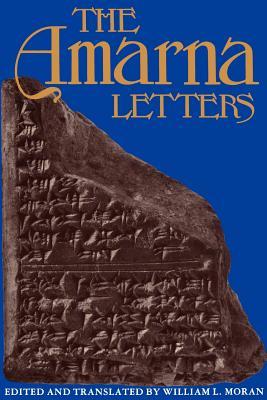The letters provide a vivid record of high-level diplomatic exchanges that, by modern standards, are often less than diplomatic. An Assyrian ruler complains that the Egyptian king's latest gift of gold was not even sufficient to pay the cost of the messengers who brought it. The king of Babylon refuses to give his daughter in marriage to the pharaoh without first having proof that the king's sister -- already one of the pharaoh's many wives -- is still alive and well. The king of Karaduniyash complains that the Egyptian court has "detained" his messenger -- for the past six years. And Egyptian vassal Rib-Hadda, writing from the besieged port of Byblos, repeatedly demands military assistance for his city or, failing that, an Egyptian ship to permit his own escape.

The letters provide a vivid record of high-level diplomatic exchanges that, by modern standards, are often less than diplomatic. An Assyrian ruler complains that the Egyptian king's latest gift of gold was not even sufficient to pay the cost of the messengers who brought it. The king of Babylon refuses to give his daughter in marriage to the pharaoh without first having proof that the king's sister -- already one of the pharaoh's many wives -- is still alive and well. The king of Karaduniyash complains that the Egyptian court has "detained" his messenger -- for the past six years. And Egyptian vassal Rib-Hadda, writing from the besieged port of Byblos, repeatedly demands military assistance for his city or, failing that, an Egyptian ship to permit his own escape.